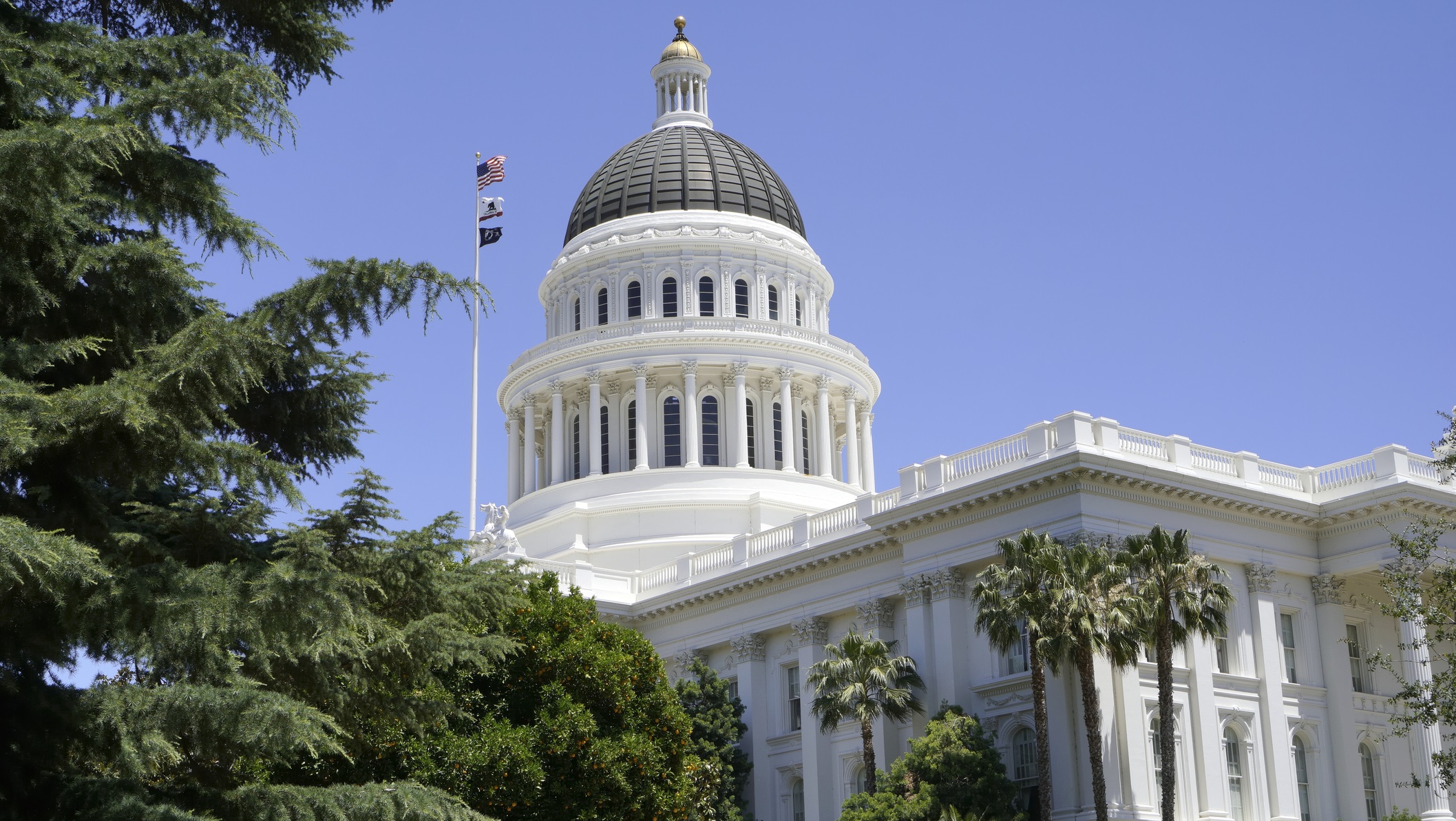School officials in San Francisco are explaining the many changes happening in education.
"We're implementing new curriculum to go with the new standards, to go with the new tests," says John Burke, a supervisor at San Francisco Unified School District.
Also new - a different way to evaluate schools. State law requires a move away from standardized test scores.
"It needs to be more than just, include more than just the academics," says Burke.
For 15 years, the API, the Academic Performance Index, has been the yardstick for school success. It's a three-digit number based on test scores. A Blue Ribbon school in the East Bay had an API of 945 out of 1,000. A school on the peninsula had a score of 831. A high-poverty school in San Francisco had a score of 726.
"It gives one number. And it's a nice because you can take that number and compare it to another number," says Eric Heins, the president of the California Teachers Association. "But really it's kind of misleading because it doesn't really tell you what's going on in the school."
Heins is involved in the overhaul of the API.
"Well they may not see an API at all. There won't be a ranking system because there is no point in comparing one school to another school," he says. "What you really want to look at is the school itself and then look at multiple indicators in that school."
California
Those multiple indicators could include attendance records and graduation rates.
"You want to look at all the different kinds of things that actually indicate whether students are learning in that school," says Heins. "So it's more than just looking at a test score."
Many advocacy groups across the state say the new system should be easy to understand, first and foremost.
"I'm sympathetic to folks saying we don't want to just be judged on a couple of numbers, I get that," says Ted Lempert, president of Children Now. "But on the flip side, accountability is essential to having confidence in our education system."
Lempert says the API aided in accountability.
"The API, with all its faults, was a very simple way to see how your school was doing compared to other schools in the area and throughout the state," he says.
Many advocacy groups are pushing for a combo system that would, they say, blend the best of both worlds.
"Can’t we have a system where, sort of similar to the API, you can quickly see how your school is doing with just a few numbers? But then be able to delve deeper," says Lempert.
While experts debate the best way to measure schools, this much is clear - it’s the dawn of a new era in education.
The State Board of Education will take up the issue of how to measure schools in the coming months. It's expected to be a heated debate.



